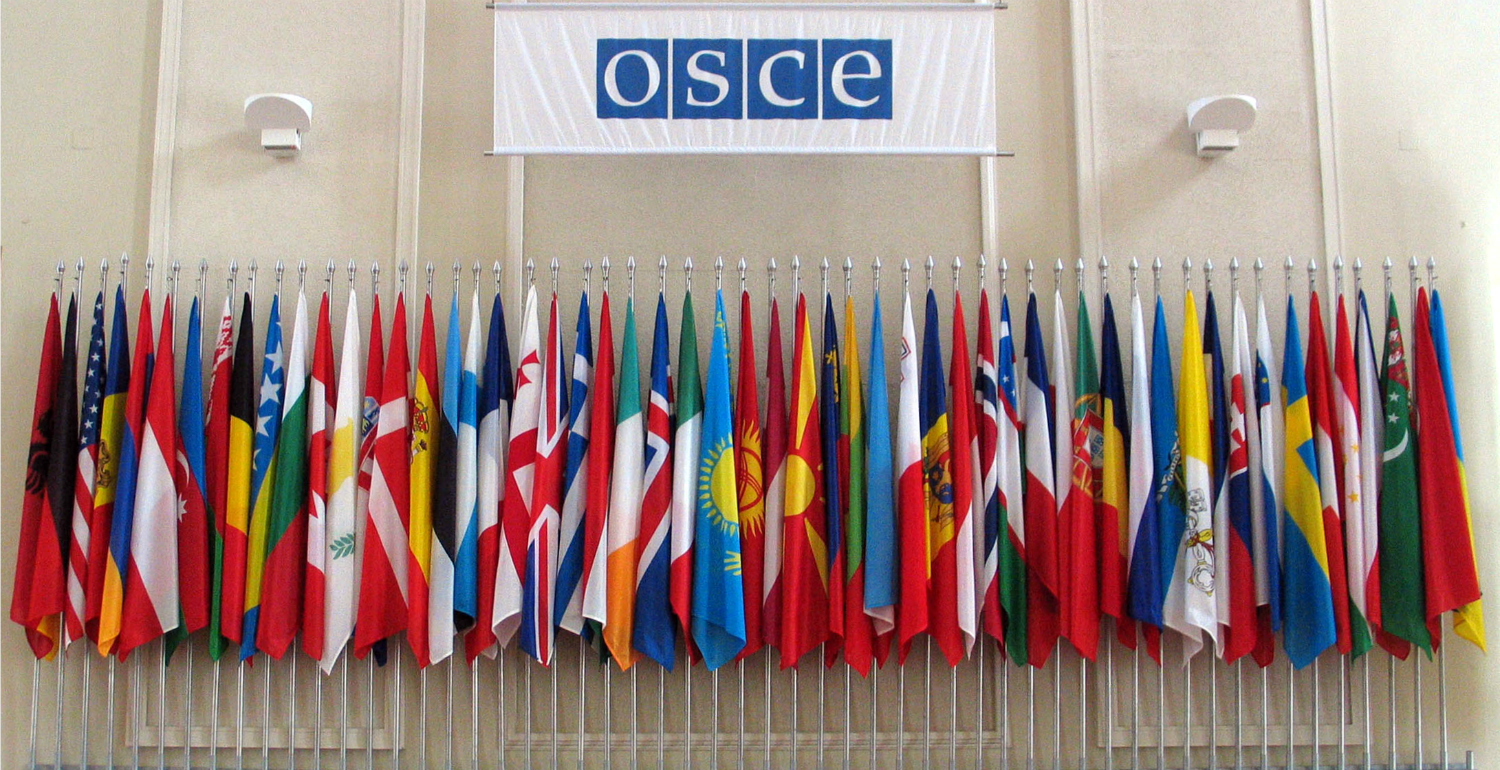This hearing examined U.S. missile defense and disagreements on unresolved conflicts with the Russian Federation, which affect several Eastern European and Caucasian countries. In particular, witnesses discussed the ramifications of Russia’s announcement to withdraw from the Conventional Armed Forces in Europe Treaty (CFE). In addition, the hearing addressed the movement of weapons of mass destruction by non-state actors and terrorist organizations.
Members
Witnesses
Relevant Issues
Relevant Countries
Leadership

35 Years After the Baltic Way: Regional Unity in the...
Aug 23, 2024On August 23, 1989, approximately two million people created a human chain from Tallinn to Vilnius to peacefully demonstrate their resistance to Soviet occupation. Held on the 50th anniversary of […]

Russia’s Ecocide in Ukraine: Environmental Des...
Jul 16, 2024In the ten years since Russia launched its war of aggression against Ukraine, Ukraine estimates that Russia has inflicted some $60 billion in damages to Ukraine’s natural and man-made environments […]

Supporting A Democratic and Secure Moldova
Jul 12, 2023In recent years, Moldova has made notable steps to improve its democratic institutions and combat corruption. President Maia Sandu and her Party of Action and Solidarity (PAS) have spearheaded wide-ranging […]
Hearing: Supporting a Democratic and Secure Moldova
Jul 06, 2023Wednesday, July 12, 2023 2:00 pm Cannon House Office Building, Room 210 Live stream: https://www.youtube.com/watch?v=jm-R6rfQbCo In recent years, Moldova has enacted numerous reforms under current Moldovan President Maia Sandu to […]

CHAIRMAN WILSON LEADS BIPARTISAN DELEGATION TO GERMA...
May 12, 2023WASHINGTON—From May 1st to May 7th, Helsinki Commission Chairman Rep. Joe Wilson (SC-02) led a bipartisan U.S. delegation to Germany, Poland, and Ukraine to coordinate support for Ukraine and examine […]
BIPARTISAN UKRAINE VICTORY RESOLUTION INTRODUCED IN ...
Apr 26, 2023WASHINGTON— Yesterday, Chairman Rep. Joe Wilson (SC-02) and Ranking Member Rep. Steve Cohen (TN-09) introduced the Ukraine Victory Resolution in the House of Representatives. Commissioners Sen. Richard Blumenthal (CT) and […]
U.S. Delegation to the OSCE PA presents Joint Statem...
Feb 24, 2023WASHINGTON— Today, the U.S. Delegation to the Parliamentary Assembly of the Organization on Security and Cooperation in Europe (OSCE PA) endorsed the “Joint Statement of Action on the One-Year Anniversary of […]
Helsinki Commission Announces Briefing on US-Europe ...
Dec 12, 2022WASHINGTON—At a virtual kickoff event on December 13, Co-Chairman Cohen and Ranking Member Wilson launched the US-Europe Coalition on Russia Sanctions. NO SAFE HAVEN Launching the US-Europe Coalition on Russia […]

OSCE’s 2022 Ministerial Council in Lodz: Russia Isol...
Dec 09, 2022By Janice Helwig, Senior Policy Advisor, Demitra Pappas, Senior Advisor Department of State, Shannon Simrell, Representative of the Helsinki Commission to the U.S. Mission to OSCE Foreign Ministers and senior […]
Helsinki Commission Announces Hearing on Crowdsourci...
Dec 07, 2022WATCH LIVE […]
Crowdsourcing Victory
Dec 07, 2022A unique aspect of Ukraine’s decentralized defense has been the rise of civil society organizations marshalling grassroots support for the Ukrainian war effort and humanitarian response. Unlike the USO or […]
Helsinki Commission Announces Briefing on RussiaR...
Dec 02, 2022HELSINKI COMMISSION COMMISSION BRIEFING NOTICE Members of the Commission and their staff are respectfully invited to attend the following Commission staff-led briefing: RUSSIA’S INFRASTRUCTURE TERRORISTS […]


